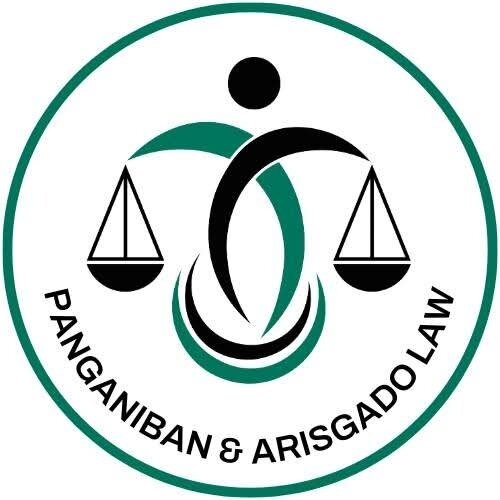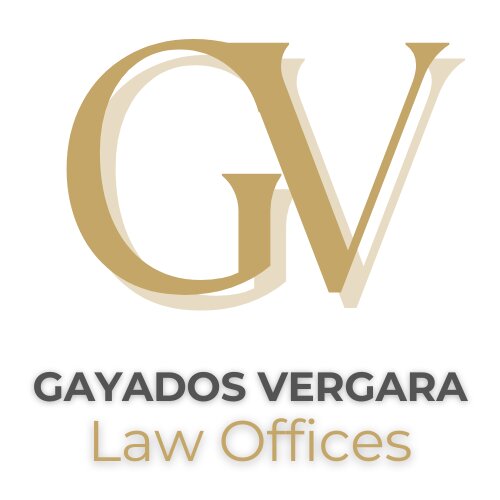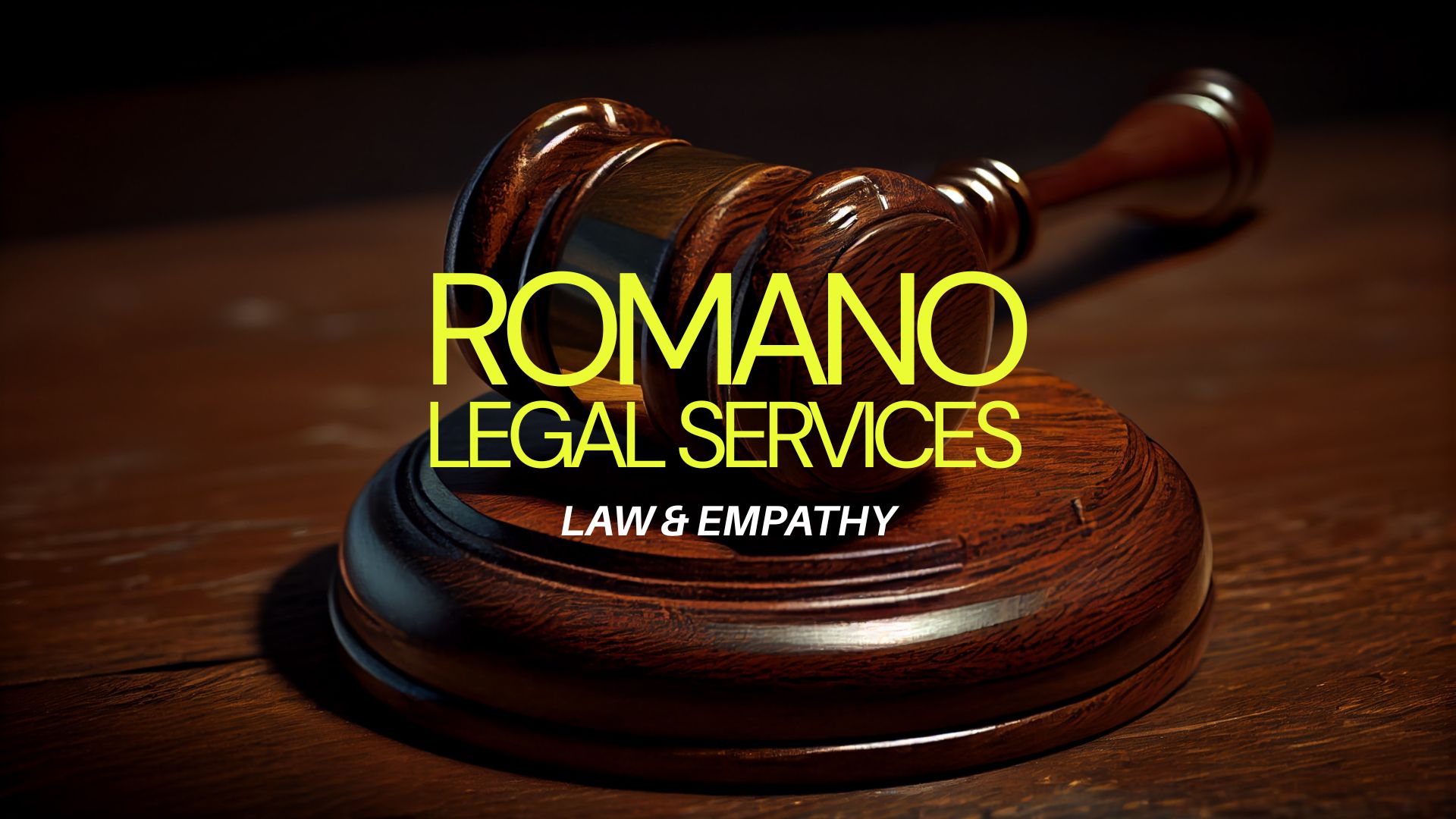Best Civil Rights Lawyers in Philippines
Share your needs with us, get contacted by law firms.
Free. Takes 2 min.
Or refine your search by selecting a city:
List of the best lawyers in Philippines

Dagsaan Monterde Castillo Law and Notary Public (DMC LAW)
15 minutes Free ConsultationAbout Civil Rights Law in Philippines
The concept of civil rights in the Philippines revolves around the protection and promotion of individual freedoms and equal treatment under the law. Civil rights encapsulate a range of areas including freedom of speech, the right to privacy, the right to equal protection under law, and protections against discrimination. The Philippine Constitution, especially its Bill of Rights, plays a crucial role in safeguarding these freedoms and ensures that citizens are treated fairly and without prejudice by the government, institutions, and individuals.
Why You May Need a Lawyer
Civil rights violations can occur in numerous situations, and legal assistance may be necessary to navigate these complexities. Some common scenarios include discrimination in employment, housing or education, unlawful detention, breaches of freedom of speech or assembly, and violations of privacy laws. Lawyers specializing in civil rights can help individuals understand their rights, assess the strengths of their case, and advocate on their behalf in legal proceedings or negotiations.
Local Laws Overview
The foundation of civil rights in the Philippines is enshrined in the 1987 Philippine Constitution and various specialized laws aimed at protecting specific rights:
- The Bill of Rights: This section of the Constitution guarantees fundamental liberties and rights, including due process, equal protection, and privacy.
- Anti-Discrimination Laws: Various laws aim to prevent discrimination based on race, religion, gender, and disability, such as the Magna Carta of Women and the Indigenous Peoples' Rights Act.
- Human Security Act: Although it's primarily anti-terrorism legislation, it also outlines important civil liberties considerations and protections.
- Data Privacy Act: This law ensures individuals' rights to data privacy and provides guidelines for lawful data processing.
Frequently Asked Questions
What are civil rights?
Civil rights are protections and privileges given to all citizens by law, ensuring freedom and equality.
How do I know if my civil rights have been violated?
If you feel discriminated against or your freedoms like speech or assembly have been unjustly restricted, your rights may have been breached.
Can I handle a civil rights case on my own?
While it's possible, it's often beneficial to seek legal advice due to the complexities of the law and judicial procedures.
What should I do if I witness a civil rights violation?
Document the event, gather witness statements, and report it to the proper authorities or consult with a lawyer.
Are there penalties for violating civil rights in the Philippines?
Yes, violators may face civil, administrative, or criminal penalties depending on the violation.
What role does the Commission on Human Rights (CHR) play?
The CHR promotes the protection of human rights and investigates rights violations but does not have prosecutorial powers.
How can I file a complaint with the CHR?
Complaints can be filed in person at CHR offices, through their website, or via email.
What is the process for a civil rights lawsuit?
It typically involves filing a complaint, engaging in discovery, going to trial, and possibly appealing the decision.
How long does a civil rights case take to resolve?
The duration varies based on complexity, case load of courts, and availability of evidence and witnesses.
Where can I find a civil rights lawyer?
You can find a lawyer through legal aid organizations, referrals from trusted networks, or professional legal directories.
Additional Resources
For further assistance, consider contacting:
- Commission on Human Rights (CHR): The advisory body on human rights issues in the Philippines.
- Integrated Bar of the Philippines (IBP): Provides information and sources for legal aid professionals.
- Non-Government Organizations (NGOs): Groups like Karapatan or Amnesty International provide support and advocacy.
Next Steps
If you believe your civil rights have been infringed upon and need legal assistance, consider the following steps:
- Document Everything: Record all details related to the incident, including times, dates, and names of involved parties.
- Consult with a Lawyer: Seek legal advice to understand your rights and possible remedies.
- File a Complaint: Approach the appropriate authorities such as the CHR or law enforcement if necessary.
- Consider Resolution Alternatives: Before going to court, consider mediation or negotiation, which can be faster and less costly.
Lawzana helps you find the best lawyers and law firms in Philippines through a curated and pre-screened list of qualified legal professionals. Our platform offers rankings and detailed profiles of attorneys and law firms, allowing you to compare based on practice areas, including Civil Rights, experience, and client feedback.
Each profile includes a description of the firm's areas of practice, client reviews, team members and partners, year of establishment, spoken languages, office locations, contact information, social media presence, and any published articles or resources. Most firms on our platform speak English and are experienced in both local and international legal matters.
Get a quote from top-rated law firms in Philippines — quickly, securely, and without unnecessary hassle.
Disclaimer:
The information provided on this page is for general informational purposes only and does not constitute legal advice. While we strive to ensure the accuracy and relevance of the content, legal information may change over time, and interpretations of the law can vary. You should always consult with a qualified legal professional for advice specific to your situation.
We disclaim all liability for actions taken or not taken based on the content of this page. If you believe any information is incorrect or outdated, please contact us, and we will review and update it where appropriate.
Browse civil rights law firms by city in Philippines
Refine your search by selecting a city.
















